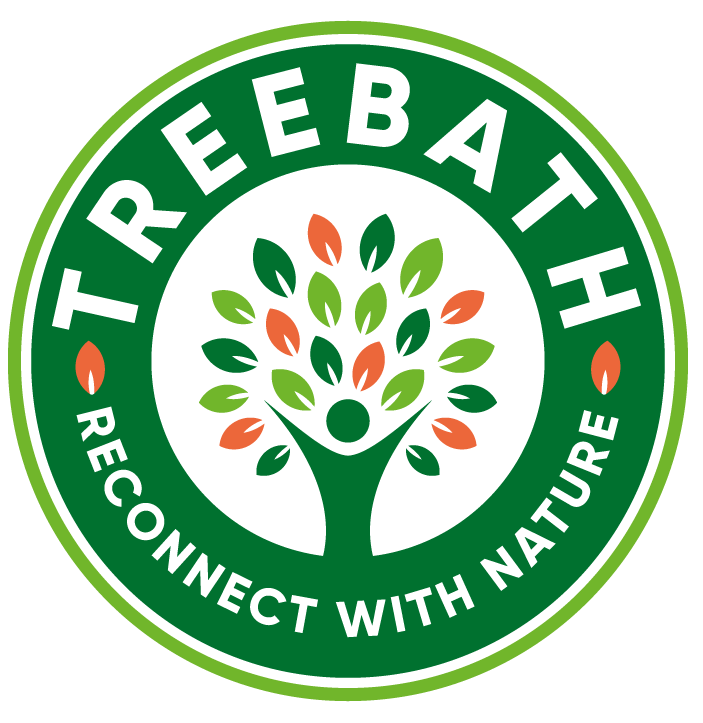Trick or Trigger? How To Deal With Trauma This Halloween
Halloween celebrations originate from the Celtic festival of Samhain some 2000 years ago. People would light bonfires to ward off ghosts and evil spirits, believing that the 31st of October was when the boundaries between our world and the spirit world was weakest and evil spirits could therefore return to earth and wreak their havoc.
Whilst our understanding of Halloween has changed in the following centuries, certain elements have stayed the same. The spooky and supernatural remains at the core of most Halloween celebrations, but the addition of candy and costumes now adds some lighthearted fun to what was once a time of fearful superstition. Even with this cultural shift though, the dark undertones of this holiday can prove difficult for some individuals to manage.
Violent movies, scary costumes (especially those including weapons), haunted houses, unexpected physical contact, and graphic decorations* can prove a massive trigger for individuals suffering from anxiety disorders and PTSD. Whilst these triggers can be avoided at most times of the year, when Halloween comes around these sufferers can be unsolicitedly bombarded with triggers on a constant basis.
"There's a difference between choosing to go to a place where you know that there's going to be scary things and it's there for fun — and if you don't find it fun, you don't have to go — versus something being right in your face, in your community that you have no choice about,"
Even the ‘smallest’ of stimuli- certain decorations, costumes, and sounds for example- can trigger dramatic trauma responses that lead to immense stress and immediately turn Halloween festivities into ‘a cascade of traumatic stress symptoms such as fear, distress, panic, flashbacks, nightmares, and more’.
To help those who struggle at this time of year we’ve put together a list of 5 useful coping tools that will assist sufferers of anxiety and PTSD in navigating this period.
Create a ‘check in’ system
There’s a reason that talking therapies are so popular, and that’s because letting people in enables you to build a network of support through this time. Let a couple of people know that you find this such a difficult time and ask for their patience and support through this period. Arrange to call and check in with them regularly so you can talk through what’s going on for you and don’t have to be alone if things get too much.Have a mantra
Our brains are weird and wonderful things, but they can be convinced quite easily! Positive affirmations and mantras are effective because the more they are repeated, the more your brain is reassured that they are true. Create a mantra for yourself like ‘I’m safe and supported’ or ‘I can get through this, my past does not define me’ and repeat it to yourself regularly to help you stay calm in triggering situations.Use mindfulness practices
Use practices such as noting, meditation, and sensory engagement to distract and self-soothe in triggering situations. Mindfulness has been shown to be an effective tool for managing PTSD and lowering stress reactions.Use breathing exercises
Stress and trauma responses will often manifest physically, and the most effective way to counteract these responses is through breathing exercises. Slowing down your breathing sends messages to your nervous system that there it can calm down and relax because there is nothing to be afraid of and therefore decreases the body’s trauma response to a trigger.Pre-empt triggers and counteract them
Avoidance isn’t always the best tactic for coping, but sometimes it’s necessary! Draw up a table that lists all your potential triggers, where you might experience them, and how possible it is to avoid them. If you can’t avoid them then write down a way to cope with them instead.
Eg.
TRIGGER : Horror Movies
PLACE : TV & cinema
AVOIDABLE? : Yes
COPING TOOL : Change the channel, check TV schedule, don’t go to the cinema
or…
TRIGGER : Scary decorations
PLACE : Shopping center, local streets
AVOIDABLE? : No
COPING TOOL : Online shopping, go with someone, don’t take certain routes (gory house on XYZ street)
We hope that these tools can help you manage during this difficult period, but if you need extra help you can find supportlines here.
For mindfulness and breathing exercises check out the Treequility app.
You can do this, and Happy Halloween!
*
https://ascellus.com/consider-trauma-related-psychosocial-risks-at-halloween-celebrations/
